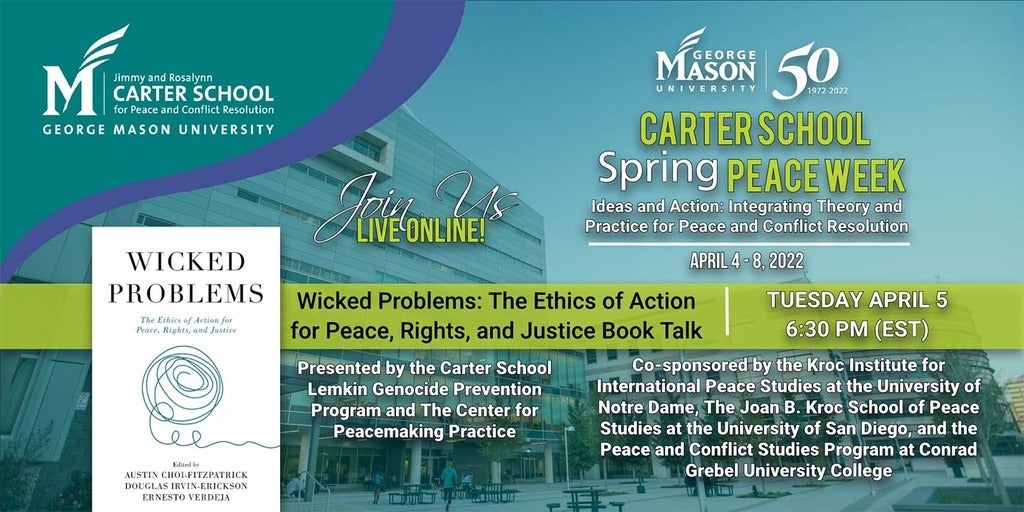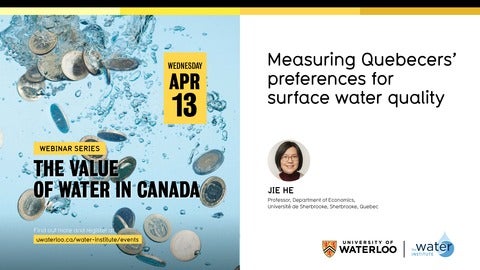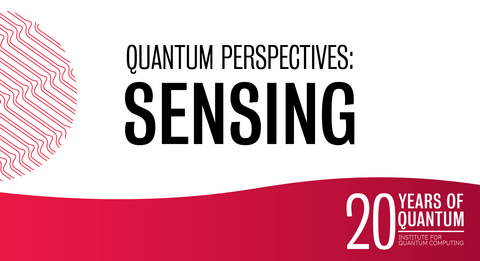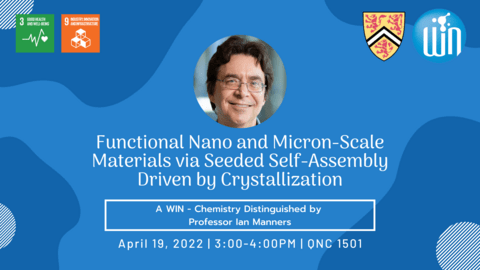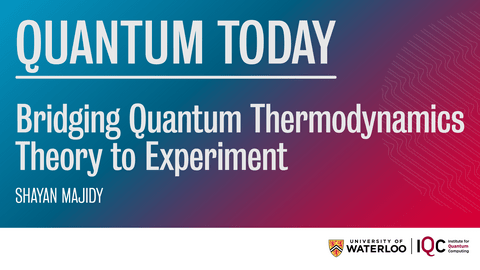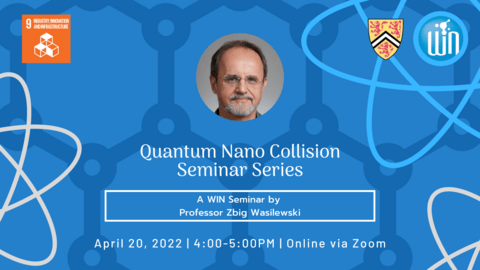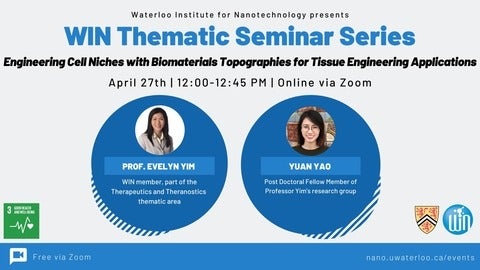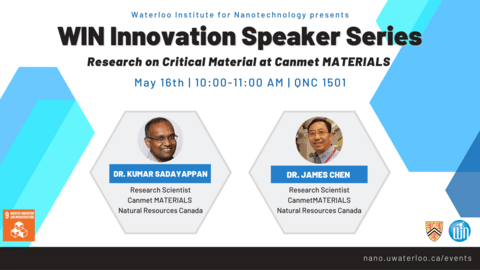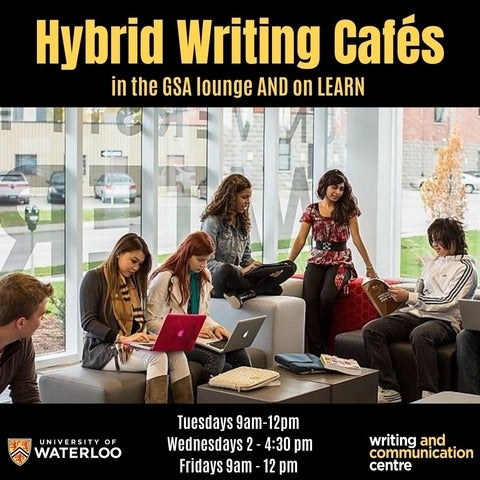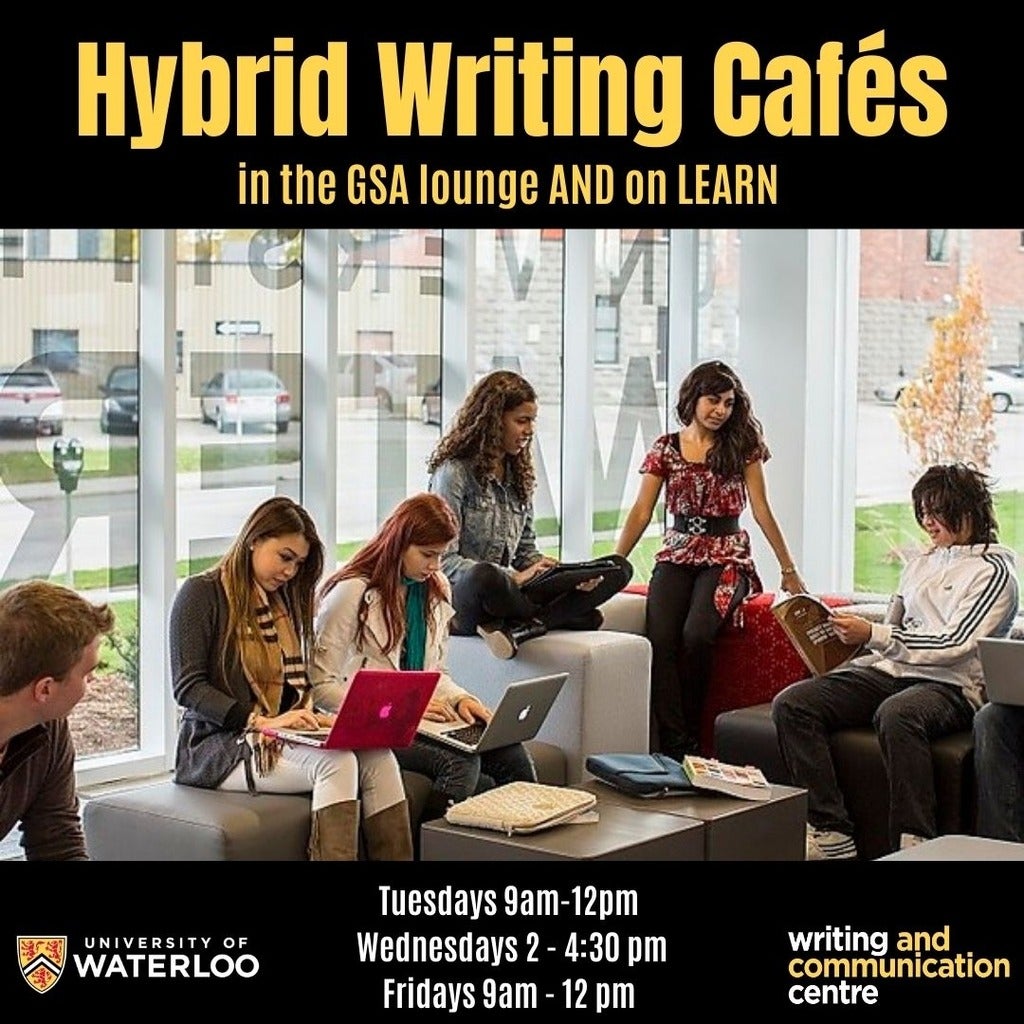Quantum sensors allow us to measure with incredible accuracy, precision and selectivity. Future quantum devices that achieve these ultimate sensing qualities by harnessing the complexities of atoms, photons and semiconductors will play a critical role in improving applications such as medical technology, radar, geological exploration, molecular imaging and more.
We need new experimental techniques to build these devices. In this panel discussion, we’ll hear from three leading experts in the Waterloo region who are pushing boundaries to develop new sensing technologies based on quantum mechanics:
Michael Reimer, Assistant Professor at IQC and the University of Waterloo’s Department of Electrical & Computer Engineering who is developing highly efficient photon detectors
Kostadinka Bizheva, Professor at the University of Waterloo’s Department of Physics & Astronomy who is working on new techniques for optical coherence tomography (OCT)
Troy Borneman, Senior Scientist at High Q Technologies who is building sensitive superconducting resonators for medical sensing applications.
Quantum Perspectives: A Panel Series celebrates 20 years of quantum at IQC. Over the past two decades, IQC’s leading quantum research has powered the development of transformative technologies, from ideas to commercialization, through research in theory, experiment and quantum applications. This year, we’re diving in to all aspects of quantum in celebration of IQC’s 20th anniversary with a panel series exploring all perspectives of quantum, including sensing, materials, communication, simulation and computing.
